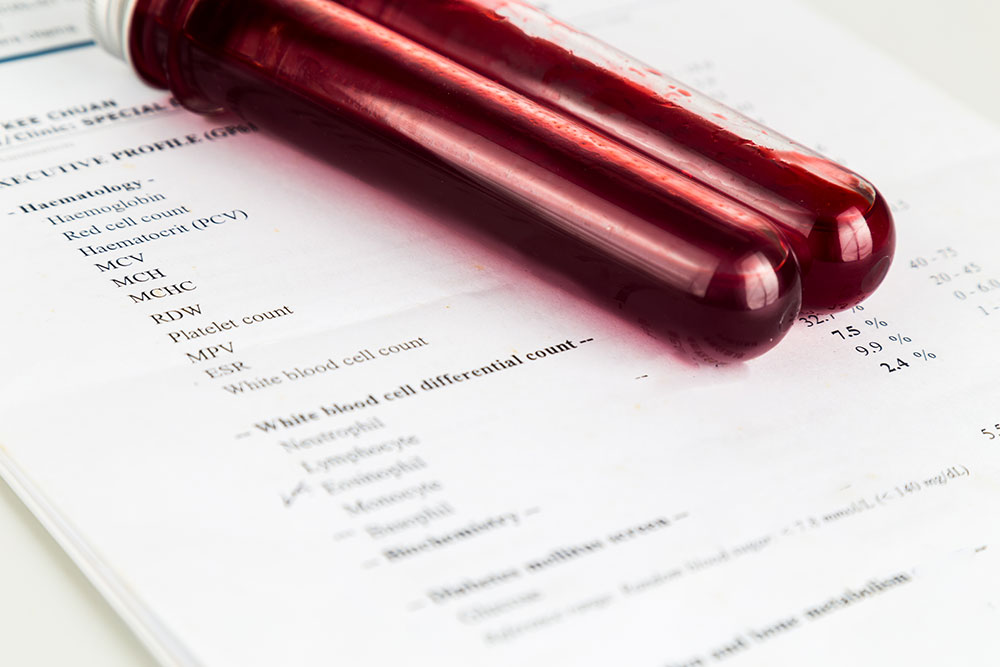Why Is Conventional Oncology Failing Very Often?
Today's Reality
1. Weakening the immune system
A strong immune system protects us from getting cancer, and almost every patient has developed cancer because of a weak immune system.
Conventional oncology therapies like chemotherapy and radiotherapy are destroying cancer cells as well as healthy immune cells. After a traditional treatment, your immune system is weaker than it was before the therapy, and this is one reason why cancer is often coming back after a short while.


2. Organ damage
Conventional oncology treatments are damaging our organs. Vital organs such as the brain, heart, liver, and kidney are limited in their ability to perform their functions. Physical weakness and sometimes permanent damages are the result. Weak organs are affecting our immune system negatively and are often a reason why our body can’t tolerate therapies anymore.
3. Making cancer more aggressive
A tumor consists of several different cancer cells, each of which has different properties. Conventional treatments primarily kill the weaker (sensitive) cancer cells and allow the stronger (resistant) cells to survive. These resistant cells start to multiply quickly after treatment. They are much more aggressive than the previous ones and more challenging to treat. The doctors need to increase chemotherapy dosages or to add other drugs, which leads to more side effects.


4. Too specific approach
Modern drugs like Checkpoint-Inhibitors have fewer side effects than standard chemotherapies. Their vast disadvantage is that they are too specific. They act with certain markers on cancer cells. But cancer cells change (adapt) after a while and become resistant, similar to chemotherapies.
5. Reducing the quality of life
The side effects of the treatment lead to loss of appetite, which in turn results in weight loss and a further weakening of the body. The patient’s quality of life decreases rapidly, which is then affecting his psychology, and his willingness to fight. Chronic sadness leads to the production of stress hormones, which harm the immune system.


6. Delivering false assumptions
Cancer patients are ending their treatments with false hope. Cancer is a chronic disease, and no treatment can guarantee the destruction of all cancer cells. Even a supposed successful treatment with clear scans does not mean that the danger is over.
7. No professional after-care
There is no after-care program after conventional therapy. Nobody deals with restoring the immune system or the organ function. The only after-care are diagnostic programs that aim to detect a regrowth of cancer in the earliest possible time. That is misleading because modern imaging techniques such as CT, MRI, or PET can only detect tumors above a specific size. Small tumors measuring just a few millimeters in size can remain undetected but may contain many millions of cancer cells. Those cells can spread in the body and form new cancer lesions.


8. No change in lifestyle
Many cancers are related to an unhealthy lifestyle. Chronic stress, alcohol, smoking, lack of sports, and unhealthy diets are risk factors for cancer. Conventional doctors are addressing this problem too rarely. The treatments are focusing on killing cancer cells only.
